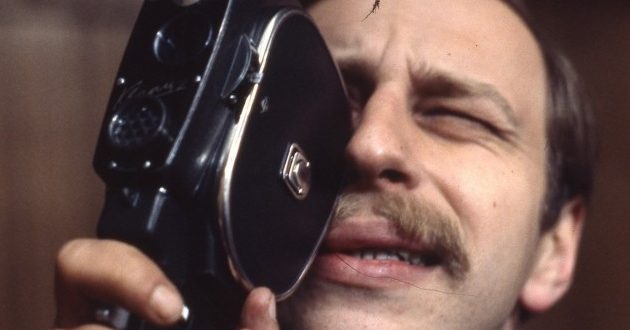Camera Buff
Film description:
In “Camera Buff” Krzysztof Kieslowski expressed his two greatest talents: documentary insight in portraying characters together with a metaphorical story of maturing to become an artist. The life of Filip Mosz changes when prompted by the birth of his daughter, he decides to buy a camera. His adventure with film begins from documenting his family’s everyday life, but fast enough, he becomes interested in other subjects and gets socially involved. He sees more through the lense of the camera, yet after initial successes, he learns the hard way that artistic freedom also has its price. The auto-themed image by Kieslowski gained another feature with time – nostalgia. The director preserved the phenomena of amateur film clubs, which died out with the shift from tape to digital.
About the director:
Krzysztof Kieślowski is a world renowned Polish director and screenplay writer. Born in 1941, he is one of the artists of the so-called “cinema of moral unrest”. In both his feature films and documentaries, it’s always man that is most important – his existential problems and ethical choices. This enables the film director to pose universal questions on the human condition and the role of man in the world. Kieślowski’s characters are often confronted with the reality surrounding them and are forced to give a testament of their humanity. Despite his passing 20 years ago, the director’s perceptive nature and the uncompromising way he confronts his characters with reality makes his films still up to date, with viewers reflecting on life and inspiring interesting discussions.
Most important films:
- 1977 “From the Night Porter’s Point of View”
- 1979 “Camera Buff”
- 1988 series of ten films “The Decalogue”
- 1991 “The Double Life of Véronique”
- 1993-1994 the trilogy “Three Colors” – “Blue”, “White”, “Red”
By Agnieszka Mysiak based on www.culture.pl

